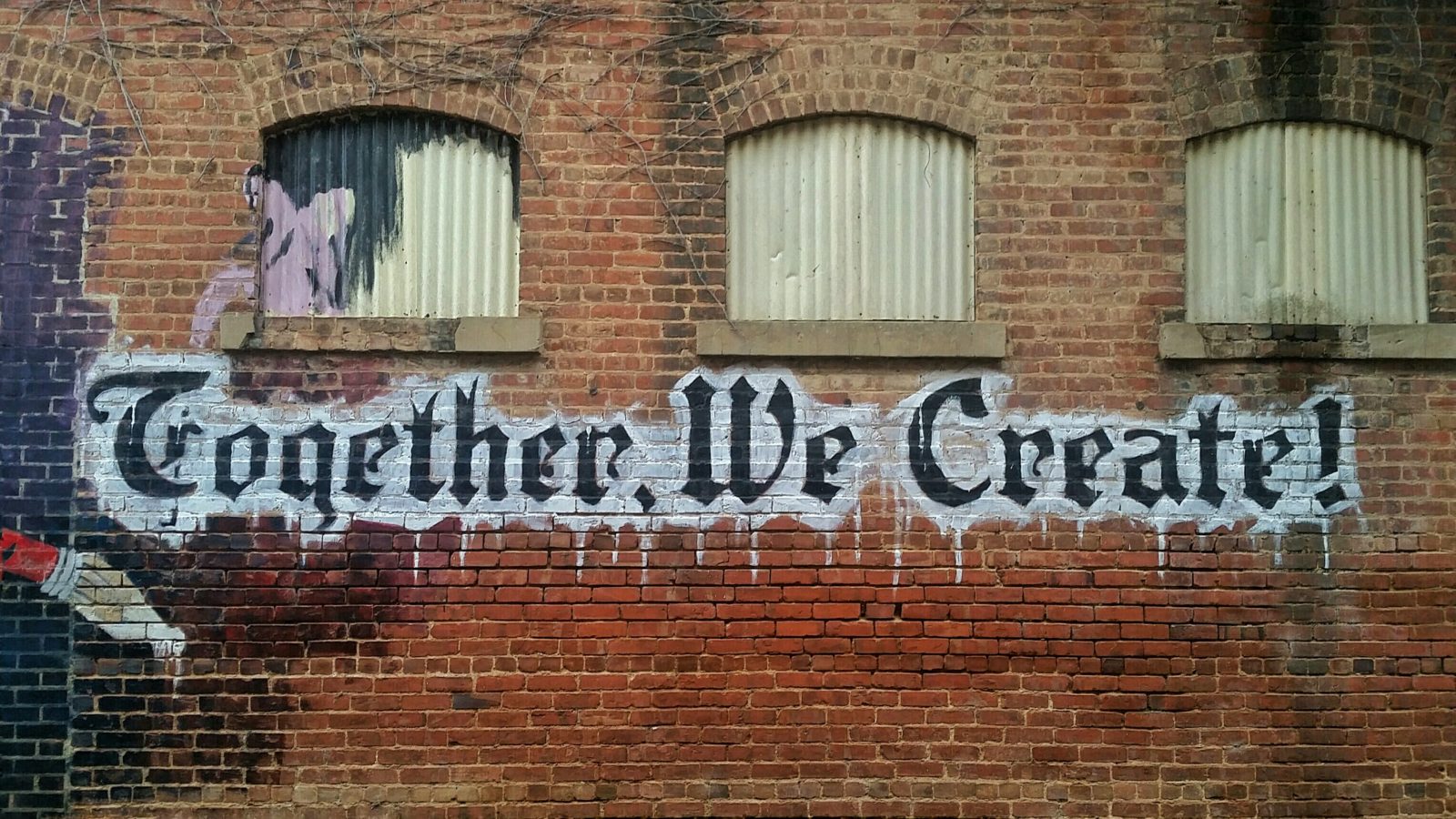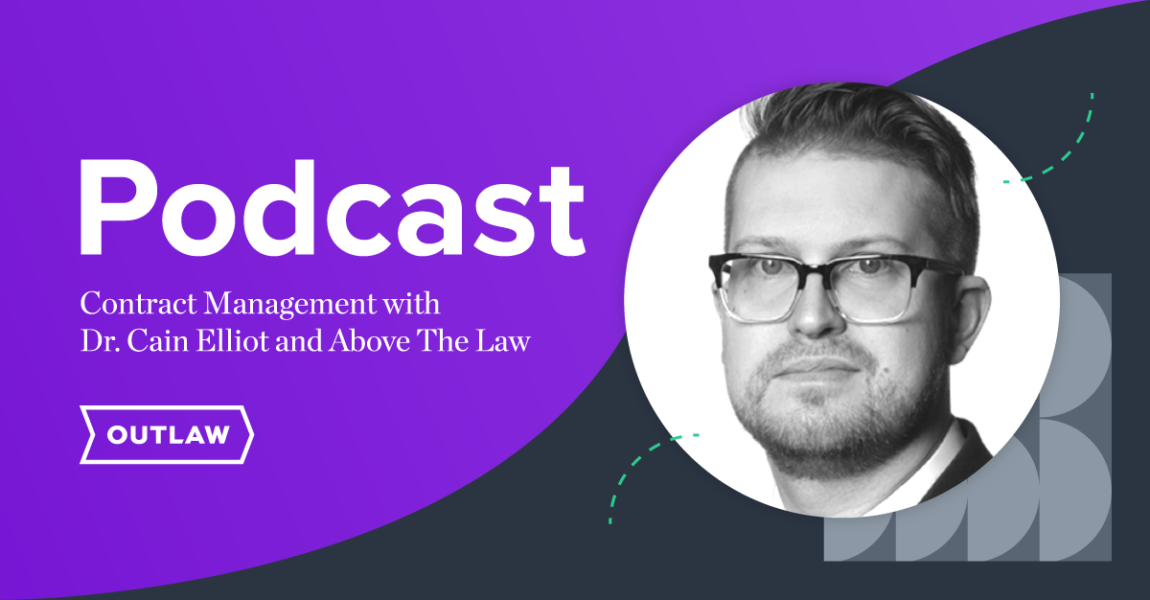Most startups spend little to no time on this kind of thing as there’s always something more immediately pressing, but a little intentionality early on can go a long way, so we recently spent some time as a whole team distilling five beliefs that are central to the company culture at Outlaw. I’m sharing these here, partly because I know that the inner workings of startups are of great interest to an ever-widening audience, but more to encourage accountability. Sharing your values with the world can make it easier to stick to ’em, especially when they stray from convention.

Before I jump straight into the list, though, I need to mention two factors that need to be kept in mind for any org culture discussion to be meaningful. First, a group’s stated values only hold water if they are primarily reflective, not aspirational. In other words, the discussion needs to be rooted in an honest assessment of how we’re all behaving today, not how we want to behave tomorrow. Inevitably in the process of identifying these values, the focus becomes more forward-looking, and that’s fine, but if it’s not based mostly on present reality, it will go nowhere.
Second, no organization exists in a vacuum; each of us is a member of many other groups, formal and informal, and all of these groups have their own cultures. Moreover, there are many patterns in the habits and customs of these groups which, together, make up what we perceive to be the convention. I call this convention Safe Mode, and putting aside whether Safe Mode is good or bad, the important thing to bear in mind is that it’s rampant, and its rampancy will therefore cause it to fill the gaps as people make assumptions. This means it’s important to write everything down, even if it seems obvious or traditional. Even if big chunks of a culture are still TBD, if you don’t hold the space by stating values explicitly, Safe Mode will creep in.
So, all of that said, here’s Outlaw’s late 2018 version of Google’s Don’t be Evil.
1. You do you.
Performance expectations at most startups are very, very high, and Outlaw is no exception (though not exactly in the ways you might think; read on below!) But the most wasteful thing a high-performing team can do is to spend tons of time and energy recruiting the brightest and most creative minds… only to then ask them immediately, upon joining, to conform. One of our absolutely cost-of-entry traits is a high degree of self-awareness, and that self-awareness includes knowing when, where and how you do your best work. Obviously you need to make good on commitments you make (don’t schedule a team meeting for tomorrow and then not show up!) but beyond that, how you work is up to you.
2. You can be great without being serious.
Fifteen years ago, Google helped to move work culture out of the 1950s with one of its famous aphorisms, “You can be serious without a suit.” But since then, Silicon Valley tech bro culture has set in, and there are now thousands and thousands of tech nerds running around looking casual in their hoodies on the surface but actually being very, very serious underneath, and creating unbearable levels of stress for themselves and their colleagues. That’s not Outlaw.
We believe it’s fully possible to be amazing at what you do without taking yourself too seriously. In fact, not only is it possible, it’s a hell of a lot more fun and sustainable. We may not all lead with this side of ourselves, but scratch the surface even just a little bit and you’ll quickly find that Outlaws are a very goofy bunch.
3. Choose EQ over IQ.
I mentioned self-awareness above, and that’s one of the main components of emotional intelligence. More broadly, though, a high EQ means genuinely caring about and having empathy for other people, and this too is an essential trait for being part of the Outlaw team. Of course, every organization aims to recruit people who are both incredibly brilliant and incredibly kind, but frequently it’s necessary to prioritize one just a little bit over the other. We believe that a decent human being with the right attitude of humility and openness can fill gaps in knowledge and experience in a matter of months or even weeks, but an arrogant hotshot who thinks he’s got it all figured out can take a decade to learn how to accept feedback – and can bring down an entire team in the interim. So we prioritize EQ over IQ.
4. Foster a beginner’s mind.
As I’ve written about recently, a beginner’s mind is a great way to come up with novel solutions to old problems. But it’s not just about innovation; it’s about learning. A quintessential aspect of being a beginner at anything is making a ton of mistakes, and while that may sound stressful as our ideal normal state, the stress is drastically diminished once people realize that they’re in an environment where these mistakes are encouraged.
So why do we encourage mistakes? Simple: because mistakes are how humans learn best! The more we approach new situations from a curious and humble perspective of, “I don’t know,” the less our egos get in the way by discouraging experimentation, and the faster we can acquire knowledge.
And incidentally, this is not just from ancient Chinese philosophy; the ancient Greeks figured it out too. As aptly quoted in this most excellent 80’s cult classic:
Bill [reading from book]: “Socrates: ‘The only true wisdom consists in knowing that you know nothing.'”Ted [after long pause]: “…THAT’S US, DUDE!!”
5. Nothing gets in the way of a deal.
This is our only cultural value that pertains specifically to the line of business we’re in. The other four are things I try to bring to every organization I join or create, but let’s remember: Outlaw’s raison d’être is to help people reach agreement. So it should come as no surprise that everyone on the team loves making deals, but it can lead to some surprising behavior.
We’ve created something genuinely new, and so while customers and investors get excited by the possibilities of our platform, people need to walk before they can run, and that can sometimes mean adhering to a traditional contract process just one last time. We’re fine with that if it means closing faster, so “for the avoidance of doubt” (my favorite legalese phrase): yes, I’ll sign your DocuSign link today if that’s what it takes to make you an Outlaw tomorrow.



